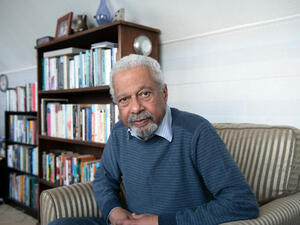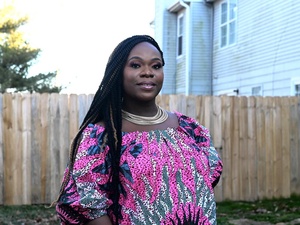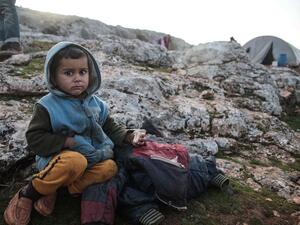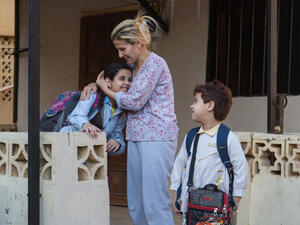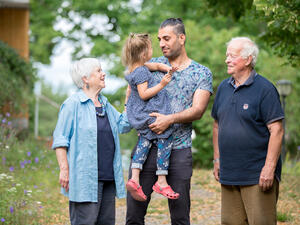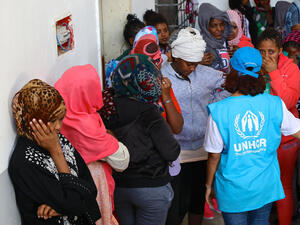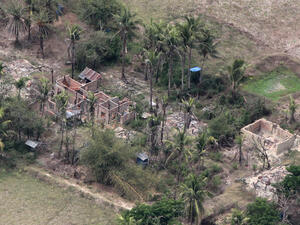UNHCR urges CAR to let refugees take part in elections
UNHCR urges CAR to let refugees take part in elections
In the Central African Republic, UNHCR and its partners are alarmed at the interim parliament's recent decision to exclude CAR refugees in neighbouring countries and elsewhere from taking part in elections expected in October this year.
There are currently some 460,000 CAR refugees (a tenth of the population), mainly in Cameroon, Chad, Democratic Republic of the Congo and Republic of Congo. About 190,000 would be eligible to vote and the refugee population includes a large proportion of Muslims. UN Security Council resolutions 2149 (2014) and 2217 (2015) envisage inclusive elections to help achieve peace and, to this end, it is important that refugees and internally displaced people are allowed to vote.
But the CAR National Transitional Council has rejected provisions in the draft electoral bill allowing Central African refugees to vote. Those who wish to vote must now first return to CAR, where continued tension and violence makes it unsafe for most people to return.
We are concerned that this decision (on June 30) will exclude a significant section of the electorate from taking part in the political process that should lead to democratic and inclusive elections and aim at restoring peace and reconciliation among different communities. Meaningful national reconciliation could be jeopardized and the conditions for continuing conflict created if refugees cannot vote.
UNHCR, at the request of the CAR National Elections Authority, had since early June been facilitating the participation of CAR refugees in the upcoming electoral process. The refugees were enthusiastic about being able to vote.
We believe it would be a serious setback, not to say dangerous, to exclude refugees from the elections, which are the culmination of a political process to which refugees have contributed and which was being conducted in the spirit of transparency and inclusiveness.
We call for the participation of refugees in the elections to help decide the future of their country. Free, transparent and inclusive elections can contribute to peace-building, security and national reconciliation and ultimately pave the way for the return in safety and dignity of all the refugees.
UNHCR and its partners, including the Humanitarian Coordinator Aurelien Agbenonci and the UN stabilization mission, will continue in talks with the transitional authorities to raise the issue of refugee participation in the elections and urge them to allow refugees to take part.
For more information on this topic, please contact:
In Bangui, Ndeye Marie Cisse on mobile +236 723 79786
In Geneva, Leo Dobbs on mobile +41 79 883 6347


